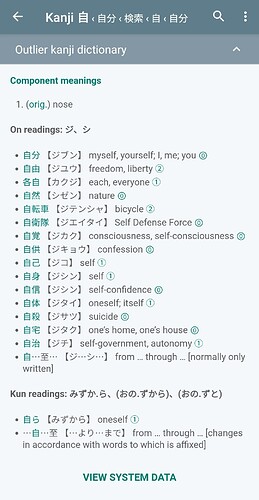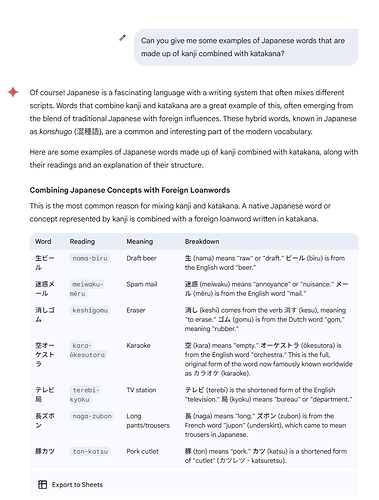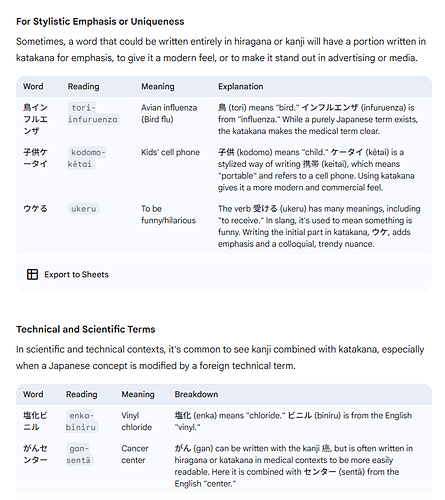this is because “I don’t know” is rarely present in the learning set. Wikipedia, online discussion platforms, scientific papers and so on, they have an explanatory tone. People usually do not reply “Sorry I have no clue” to a question on Reddit or StackExchange for example (which is part of the training set for pretty much any LLM). If they don’t know, they simply don’t reply.
Hence the overwhelming majority of the training data of an LLM is that to a question, a confident answer follows. That’s what usually happens on the internet. Because the LLM does not truly think but only concatenates tokens by probability to follow the previous tokens (starting with your prompt), you will almost always get an answer that is explanatory and confident in tone. However, the confidence in the reply is not representative of the usefulness of the given information.



